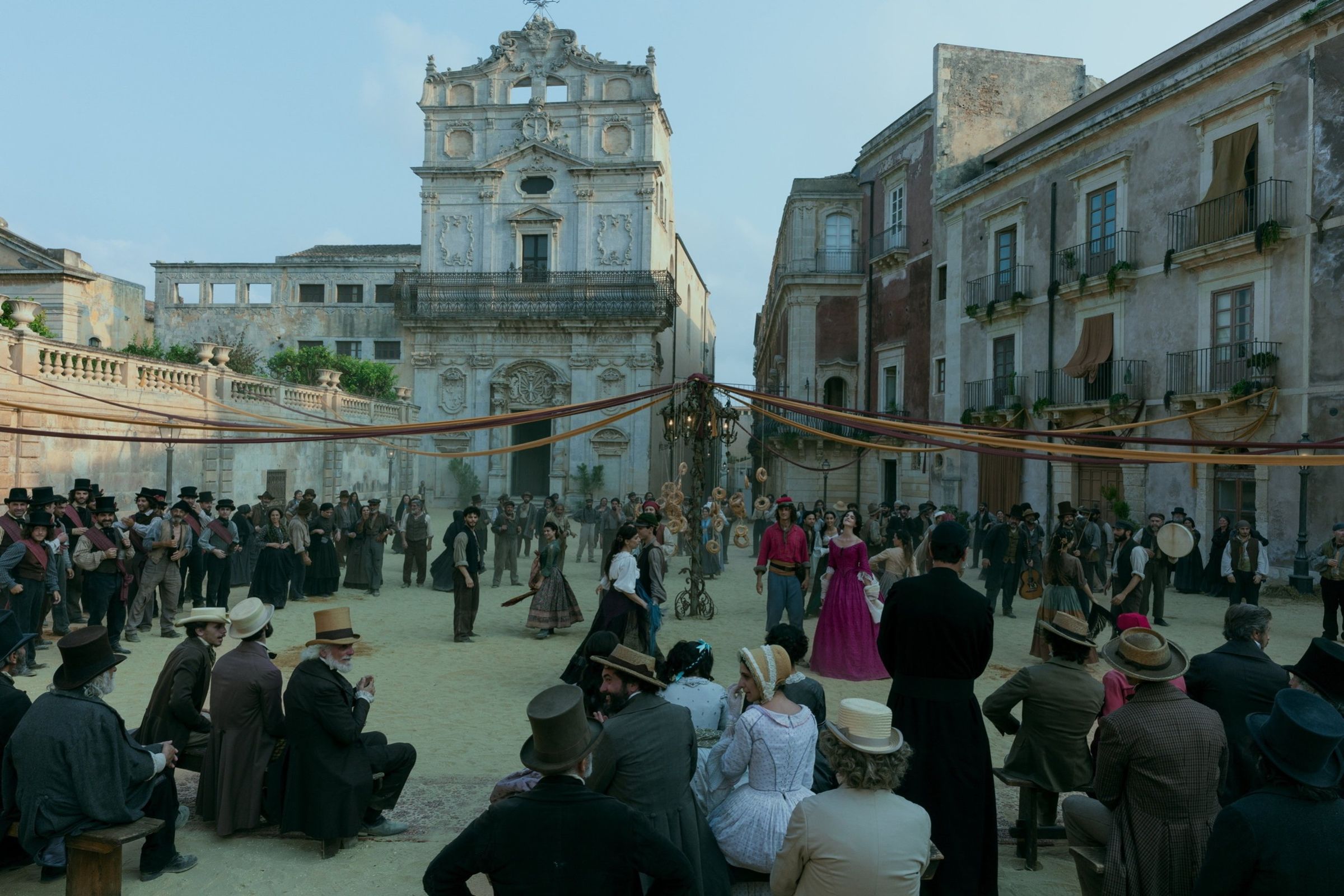
As ever with “golden age” television, the beauty of the picture is the first thing you notice and in the end the only thing you notice. Netflix’s adaptation of Giuseppe Tomasi di Lampedusa’s The Leopard is gorgeously empty. It is worth your time only insofar as it sends you back to the 1958 novel.
True, the story is faithful to the original. 1860. A unifying Italy. The modern world is banging at the gate of an aristocrat, who responds with a blend of halfhearted reform and a kind of sumptuous inertia. But the screen cannot do paradox. The magic of Lampedusa is that he pines for the old feudal hierarchies, and dismisses them as untenable. He faults the likes of Garibaldi for their utopian excess, and for not going as far as the French revolutionaries. Lampedusa himself, a rooted Sicilian whose happy place was industrial, impersonal London, was as mixed-up as the book he wrote.